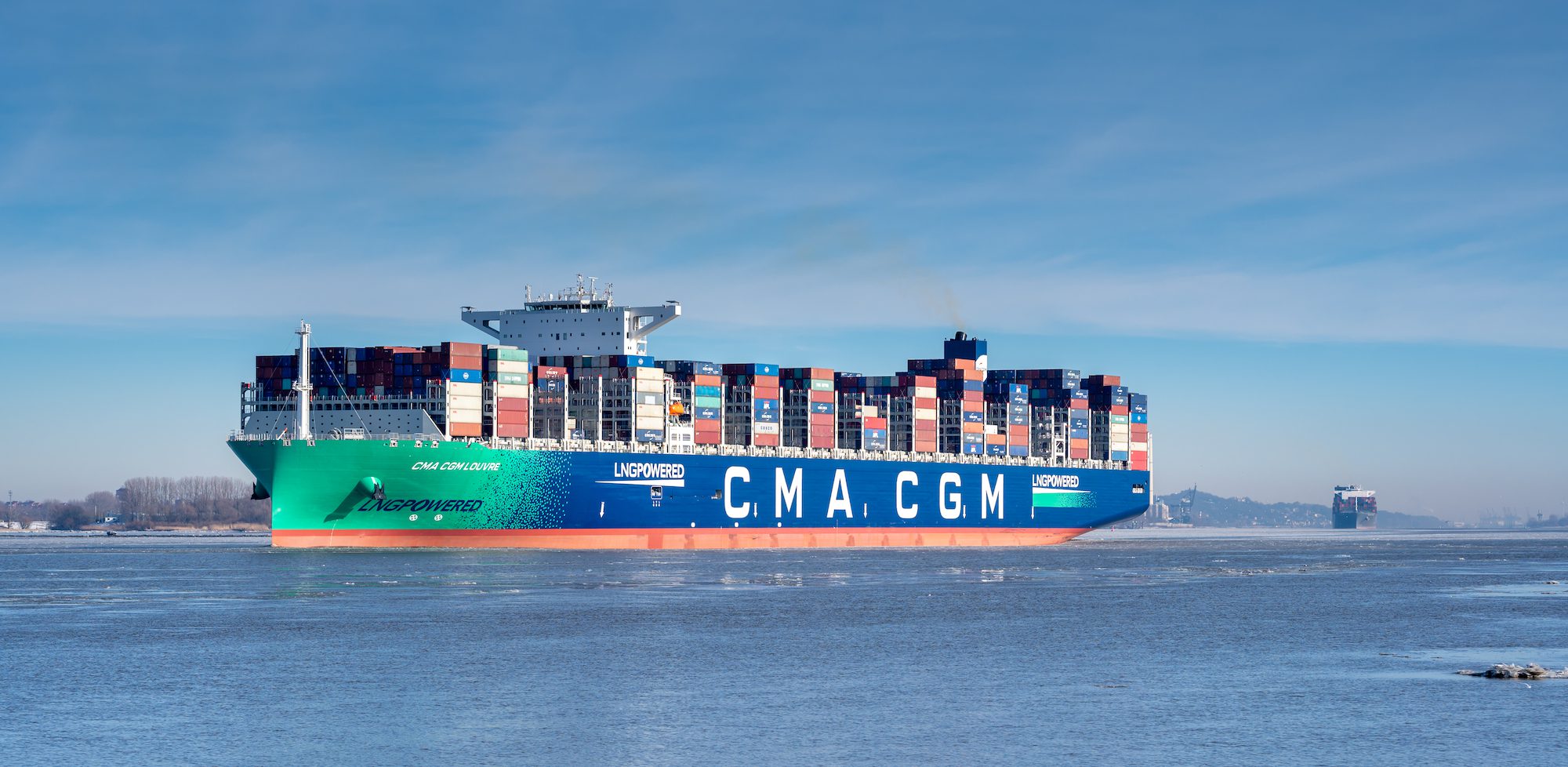United European Car Carriers (UECC) has inked a deal with China Merchants Jinling Shipyard Nanjing for the construction of up to four state-of-the-art multi-fuel battery hybrid pure car and truck carriers (PCTCs).
The contract secures two vessels for delivery in 2028, with options for two additional units. If fully exercised, this order would expand UECC’s eco-friendly fleet to nine vessels, building upon five similar deliveries over the past decade.
“We are delighted to have finalized this agreement to begin a successful partnership with Jinling, which a premium yard. We believe this contract will be a solid foundation for a strong and mutually beneficial relationship,” said UECC’s CEO, Glenn Edvardsen.
These cutting-edge PCTCs will feature multi-fuel LNG-driven engines, incorporating state-of-the-art propulsion technologies to optimize energy efficiency. The vessels’ design includes an aerodynamic hull, extensively model-tested to minimize fuel consumption, as well as shore power capability and solar panels installed on the top deck.
The new vessels boast a cargo capacity of 4,500 CEU, with 10 decks, including two hoistable ones. They will be equipped with a quarter stern ramp capacity of 160 tons and a length overall (LOA) of 190m, making them ideal for deployment in UECC’s European short sea shipping liner network, catering to the transport of vehicles, high & heavy cargo, and other rolling freight.
“Future-proofing of newbuilds is a cornerstone of our sustainability strategy,” said Edvardsen. “These PCTCs are designed with advanced technologies to enhance fuel efficiency and reduce emissions, while being adaptable to accommodate future innovations and regulatory changes.”
UECC’s commitment to sustainability is evident in its existing fleet. The company’s multi-fuel LNG battery hybrid vessels – Auto Advance, Auto Achieve, and Auto Aspire – already surpass the IMO’s target for a 40% reduction in carbon intensity by 2030. Moreover, UECC has achieved a 25% reduction in CO2 emissions through the use of LNG on these and two other dual-fuel LNG vessels.
The adoption of liquefied biomethane on LNG-fuelled vessels has further reduced the fleet’s carbon footprint, with UECC on track to increase biofuel usage to 50% of its fleet this year. These efforts align with the company’s ambitious goal of eliminating fossil fuel use entirely by 2040.
As the maritime industry faces increasing pressure to reduce its environmental impact, UECC’s latest investment in these advanced PCTCs demonstrates its proactive approach to meeting and exceeding regulatory requirements.
“There is still a long way to go to reach net zero. These newbuilds will further strengthen one of the most environment-friendly fleets in the industry and enable us to realize our sustainability ambitions,” Edvardsen concluded.

 Join The Club
Join The Club










